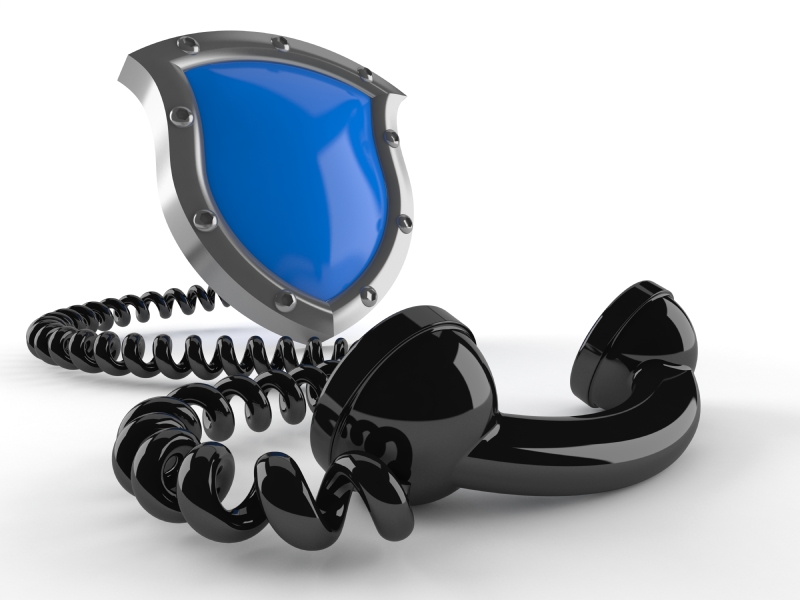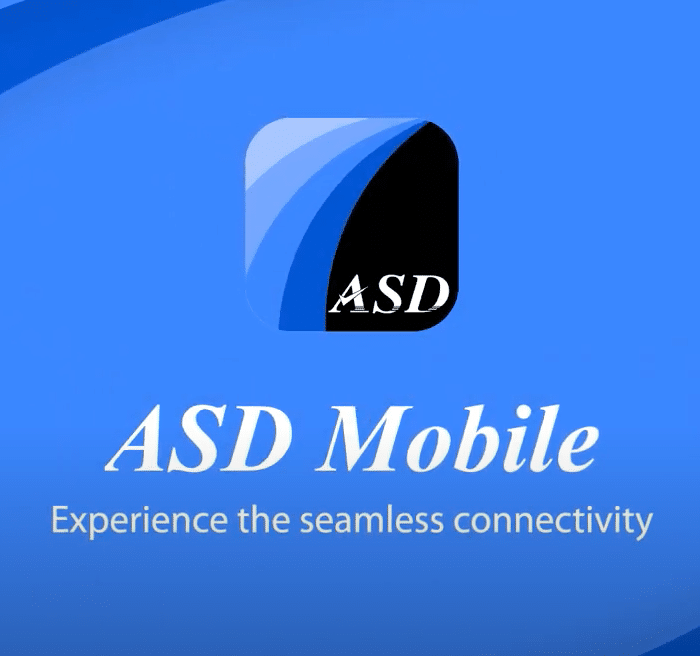Feb 12, 2013

Originally published in the February 2013 issue of The Director Magazine by ASD Staff Writer Jessica Fowler.
When Hurricane Sandy struck the East Coast, no one expected its dark cloud to linger over the area for so long after the rain had stopped. The storm left eight million homes and businesses without power across 15 states and the District of Columbia. For many days after the storm, there were millions in New York and New Jersey still in the dark as local power companies scrambled to restore electricity and phone lines in the wake of the destructive hurricane.
Imagine if, in the midst of this chaos, you had to find a funeral home in your local area and arrange to have a loved one picked up. Imagine if, after finally finding a working phone, you call your local funeral home and hear a fast busy signal. How inclined do you think you might be to call that number repeatedly until you got through? More likely, you’d call all of the mortuaries in your area until you reached someone. A funeral home could serve a family for five generations and lose that family’s trust in five minutes simply by not answering their call.
This is just one of many scenarios in which a single missed call can have a snowball effect for a funeral home. You don’t have to be neglectful or careless to miss a phone call—it happens to us all. But for directors, remaining vigilant of all telephone activity at the funeral home is crucial to the success of the business. Even if you reside at the funeral home or staff the desk 24/7, you still may end up missing that critical call if you haven’t taken the proper steps to safeguard your phone lines.
Here are 10 ways to ensure your families will always be able to reach you.
1) Don’t Try to Answer Every Call Yourself
It’s an admirable goal: when a family calls a funeral home to report a death, your familiar voice is always the first thing they hear. Ideally, this would happen every time the phone rings, and funeral directors who provide families with that personal touch should certainly be commended. Realistically, though, there is only one of you, and without backup protection, relying only on yourself is setting yourself up for failure. Don’t be afraid to embrace new technology that can help you run your funeral home more efficiently. Funeral professionals who use cellular technology, call forwarding, and an answering service have a major competitive advantage over those who do not simply because their callers can always get through to them.
2) Never Rely on Voicemail or an Automated System
How many times have you hung up on a voice mail because the message you wanted to leave was too complicated to explain to a machine? According to Fortune Magazine, 80 percent of callers will disconnect if they hear a voice mail. When factoring in the heightened emotions of funeral home callers, a voice mail system can potentially damage the funeral home’s reputation, cause the family unnecessary stress and drive more business to competitors. It may be cheaper to send the calls you can’t answer to voice mail, but the price you’ll pay over time could cost you a lot more than you think.
3) Protect the Calls You Can’t Answer
Many funeral homes already recognize the benefits of call forwarding. This feature, available through your local phone company, allows you to divert your phone line to a different number. There are several different call-forwarding options, but one option that every funeral home should enable is no answer call forwarding. With no answer call forwarding, the phone will ring at the funeral home for a preset number of rings; if no one at the funeral home picks up the line, the call will forward to a number that you select. You can choose to forward calls to your cell phone, another funeral home employee or to your answering service. No answer call forwarding empowers funeral professionals to speak directly to families as often as possible without risking a lost call. Many funeral homes enable no answer call forwarding 24/7 so that if an emergency or unforeseeable event occurs, they never have to worry about their phones being left unanswered.
“Funeral professionals spend hours each week polishing the look of their chapel to create a welcoming atmosphere. With so much focus on appearance, it is easy to overlook the crucial role the telephone plays in a family’s first impression of a funeral home,” says Kevin Czachor, vice president of ASD – Answering Service for Directors, who has presented seminars at state and national shows on how directors can improve their telecommunication strategy. “No answer call forwarding eliminates the need for around-the-clock staffing while ensuring every person who calls the funeral home knows their needs are a high priority.”
4) Forward to your Cell Phone, but Still Use a Back-Up
Smartphones are becoming smarter every day, so it’s no surprise that many funeral professionals use call forwarding to divert calls to their cell phone when they leave the office. This solution offers directors increased mobility without sacrificing the personal touch of a director available 24/7. However, if you have ever experienced a dropped call, poor reception or a battery that dies much soon than you expected, you know that cell phones are inherently flawed devices. When you rely solely on cellular technology, at-need calls may come when you have no service or battery life and the person calling may only hear your voice mail. To avoid this scenario, enable cell phone backup call forwarding. You can still forward lines to your mobile phone, but if you don’t answer within a preset number of rings or if a voicemail picks up, the call will transfer to your answering service. To enable cell phone backup call forwarding, contact your cell phone provider. Verizon, AT&T, Sprint and T-Mobile are some of the carriers that offer this option to customers.
5) Use a Funeral-exclusive Answering Service
Backup support is crucial to fully safeguarding your phone lines. Even though you may always want to be the first person with whom a family speaks, isn’t a compassionate voice on the other line always preferable to a voice mail system, busy signal or perpetually ringing phone? Knowing that every call is a reflection of you, callers must receive the same professional and compassionate from your staff. Answering services that work solely with funeral homes have developed a deeper comprehension of the fragile emotional state of callers and will possess a higher level of understanding of funeral customs and traditions. But even with knowledgeable operators, it is still imperative to fully monitor your service by listening to any calls they handle, testing the phone line when it is forwarded to ensure it is answered promptly and customizing your account so that calls are answered exactly as you prefer.
6) Prepare for Power Outages
Along with voicemail, a fast busy signal is the worst kind of first impression. In today’s world of call waiting and switchboards, it is rare to hear the sound and most people get frustrated when they do. Even if you have prepared for a high call volume, there is little way to predict a local power outage. Unpredictable weather events and other causes can result in long stretches of time when your callers may hear nothing but a fast busy sound when they call. Rather than worry every time you see a bolt of lightening, enable busy call forwarding. Much like no answer call forwarding, busy call forwarding will reroute your calls to a number you specify whenever your phone lines are busy. Many funeral homes keep this feature activated 24/7 so that if the power unexpectedly shuts off, the phone lines will forward automatically.
7) Safeguard Simultaneous Calls
How many times have you called someone only for them to pick up immediately and say, “Oh, I was just calling you” ? This often occurs with businesses as well. For instance, several callers may contact you at the same time after reading that morning’s obituary section. A more pressing example occurs when someone passes and multiple family members call the funeral home simultaneously. If your lines are forwarded, be aware that some phone companies may restrict your funeral home to diverting only one call at a time to your answering service or cell phone. This means that if two callers contact your funeral home at the same time, only one call will forward and the other caller will hear a busy signal. To test your phone company’s capabilities, call your funeral home when the line is diverted from two different phones at the same time. If you receive a busy signal or hear a recorded error message, contact your phone company and ask to have a call-forwarding feature that will allow you to forward multiple calls at the same time. In some areas, this feature is known as multi-channel call forwarding. Since callers under stress are more likely to give a wrong phone number, you should also confirm that your local phone company sends Caller ID data when your phones are forwarded.
8) Don’t Overlook Non-Listed Numbers
Investing in multiple phone lines is an effective way to create more open lines of communication at the funeral home. Some directors choose not to advertise their secondary phone numbers and use them only for outgoing calls or emergencies. The assumption is usually that no one outside of the funeral home knows the number, but if the line is used for outgoing calls it will most likely appear on the Caller ID of the person you are calling. If you contact a family from a number different from your funeral home’s main line, the family may reference that number and try to call it back later. To ensure families can reach you without delay, use no answer call forwarding on every phone line you use to conduct business.
“First impressions are lasting impressions and they can make my job later on either easier or harder. We always make sure phone lines are properly covered and that we have many open lines of communication,” says funeral director Wayne L. Bright of Bright Funeral Home in Tampa, Florida.
9) Install a Phone Outside of the Funeral Home
Funeral homes have traditionally been viewed as open-door establishments, welcoming the public to enter at any time. Many firms still operate today with that same philosophy. However, there are more directors now that do not reside at their funeral home and even those that do may not staff the building 24/7. If a family needing to make arrangements stops by unannounced, having a telephone outside with instructions to call the funeral home’s number will ensure that you are made aware of their visit. In today’s age of appointments and office hours, it may seem unlikely that someone would just show up unscheduled but this happens much more often than you might imagine. Even if you are far away, finding out the family’s contact information will allow you to reconnect with them, whereas they might otherwise just walk away and head toward the funeral home down the street. Be sure to always call-forward the phone number you have listed outside the funeral home so that you are made aware, without delay, that someone is at your door.
10) In Case You Forget…
After a long day, it is easy to forget something on your way out of the office. Whether we leave behind a sweater or forget to turn off a light switch, the consequence is usually minor. For funeral directors that forget to forward their phone lines before leaving the office, the resulting outcome can be much more serious. The hassle of having to drive all the way back to the office, coupled with the anxiety of knowing an urgent call could come in at any time, is a steep price to pay for such a small oversight. Fortunately, ultra call forwarding now gives directors the freedom to forward their phone lines from any location so funeral homes can quickly divert calls to their answering service or cell phone before any more time is wasted without having to trek back to the office.
To read more articles by ASD, click here.
About The Author
Jess Farren (Fowler)
Jess Farren (Fowler) is a Public Relations Specialist and Staff Writer who has been a part of the ASD team since 2003. Jess manages ASD’s company blog and has been published in several funeral trade magazines. She has written articles on a variety of subjects including communication, business planning, technology, marketing and funeral trends. You can contact Jess directly at Jess@myASD.com


